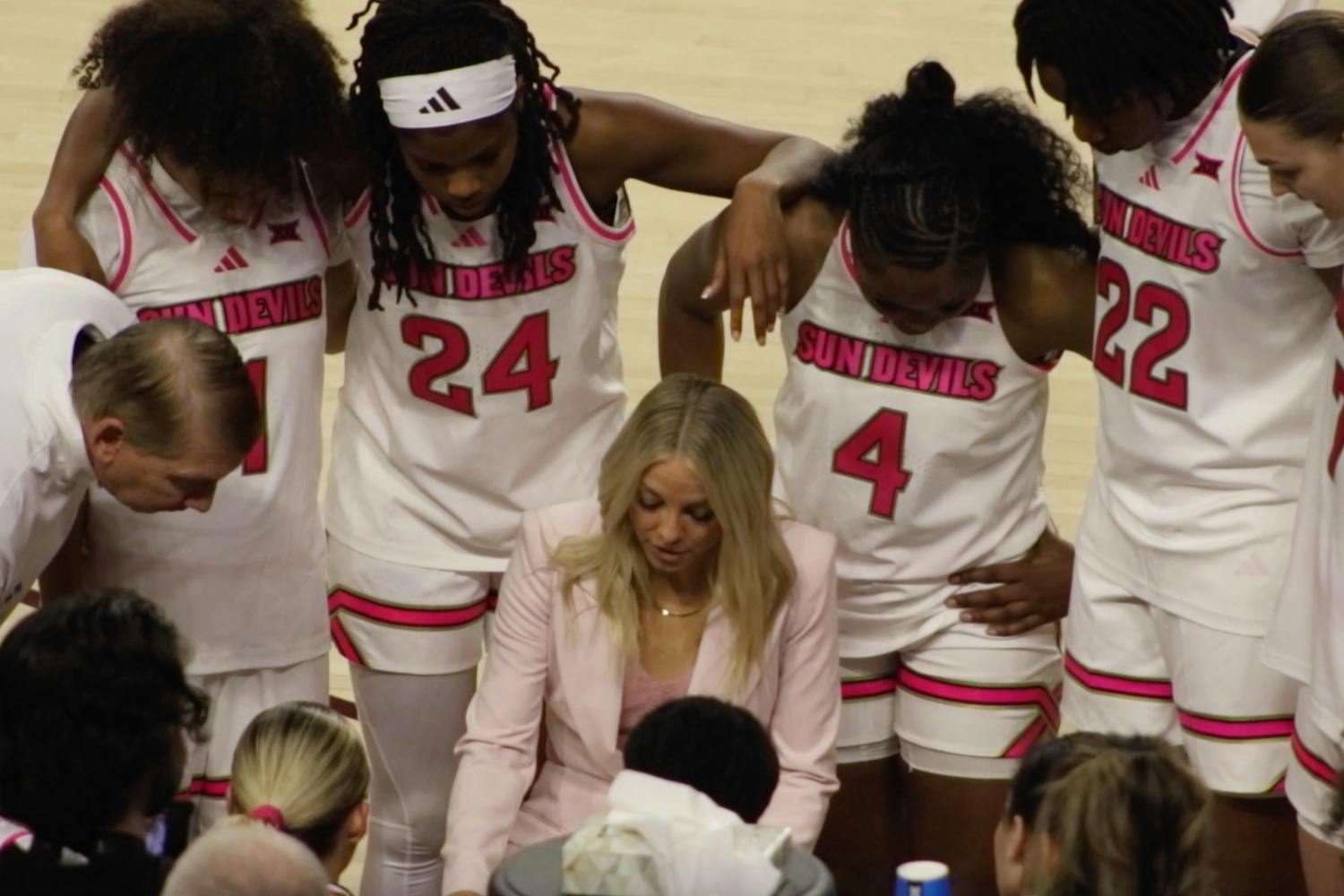The Republican Party is changing and the youth are the cause. Anyone outside the millennial generation will be left behind, and their future as “Republicans” will be unknown.
Since the coming of who some people call “the Republican Jesus,” more commonly known as President Ronald Reagan, the Republican Party has shifted from its grass roots of strict conservatism and modernized into a more moderate voter base.
"Prior to the turn of the century, younger Republicans used to go hand in hand with older Republicans' traditional views," said David Wells, ASU Political Science professor. "But now they've seemed to find them archaic and unrepresentative of their own."
As a result, an increased number of young Republicans have become what is known as socially liberal: leaning more politically left on social issues. However, they are still traditionally conservative on fiscal and defense issues.
Let’s be clear, those in Congress and vying for the White House are outside of the spectrum I am talking about. They are the ones who are stuck in the political limbo that is the 2016 election cycle, and have to decide whether to join their changing party or abandon it along with the hijackers known as the Tea Party Caucus.
The Republican Party you see portrayed by the media now is not the Republican Party at all, really. If anything, the true, traditionally moderate Republican Party migrated long ago, circa 2010 when the Tea Party started gaining momentum, led by former Congresswoman Michele Bachmann.
"There's definitely been a clear distinction between younger Republicans and older ones," Wells said. "Millennials have always proven to be more progressive in their views which separates them from the older, more traditional Republicans."
Younger Republicans see the necessary separation between church and state when it comes to women’s issues and same sex marriage; but Tea Partiers are telling the media that the Republican platform is strictly anti-abortion and anti-gay and anyone who disagrees is politically excommunicated.
This form of career hostage holding is forcing many influential Republicans, like Paul Ryan and Marco Rubio to support this agenda as a party but individually disavow it in order to stay politically afloat in their respective districts and states.
Now, Donald Trump can’t be called a Tea Partier like his former opponent, Ted Cruz, but he certainly isn’t the true Republican the rest of the party represents.
According to a Fox News poll from March of this year, 75 percent of Millennials (age 35 or under) disapprove of Donald Trump as their nominee.
In a poll done by Republican pollster, Frank Luntz, 1,000 people ages 18-23 were asked which major political figure they respect the most. Bernie Sanders won with 31 percent followed by 18 percent for President Obama, 11 percent for Hillary Clinton and Donald Trump finished with only nine percent.
Among Republicans in the same poll, Trump finished first with 26 percent, but that was his lowest finish among Republican backers overall. This obviously demonstrates how younger Republicans are not satisfied with their nominee, but are forced to back him out of fear that a Tea Partier like Cruz or a Democrat like Clinton could take the White House.
My prediction for the future of the GOP? I wouldn’t be surprised to see it split in two in the coming decades like its predecessor, the Democratic-Republican Party, and either allow for a Democratic dynasty or a third party uprising in coming elections.
The only way it can be saved? The youth have to take the initiative to leave and take the party with them. Those who don’t want to be left out to dry should see this coming and encourage the mass exodus and cleansing of the party.
Reach the columnist at abundy@asu.edu or follow @abkbundy on Twitter.
Like The State Press on Facebook and follow @statepress on Twitter.
Editor’s note: The opinions presented in this column are the author’s and do not imply any endorsement from The State Press or its editors.
Want to join the conversation? Send an email to opiniondesk.statepress@gmail.com. Keep letters under 300 words and be sure to include your university affiliation. Anonymity will not be granted.




